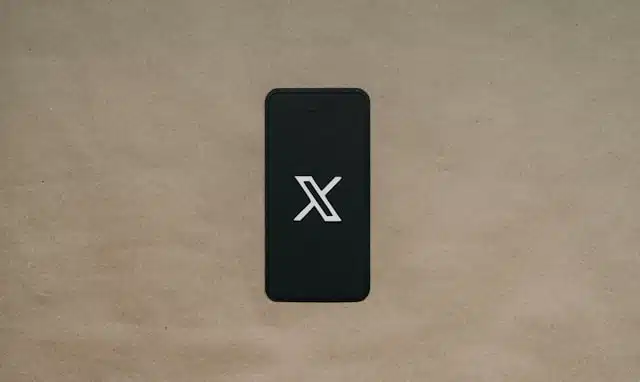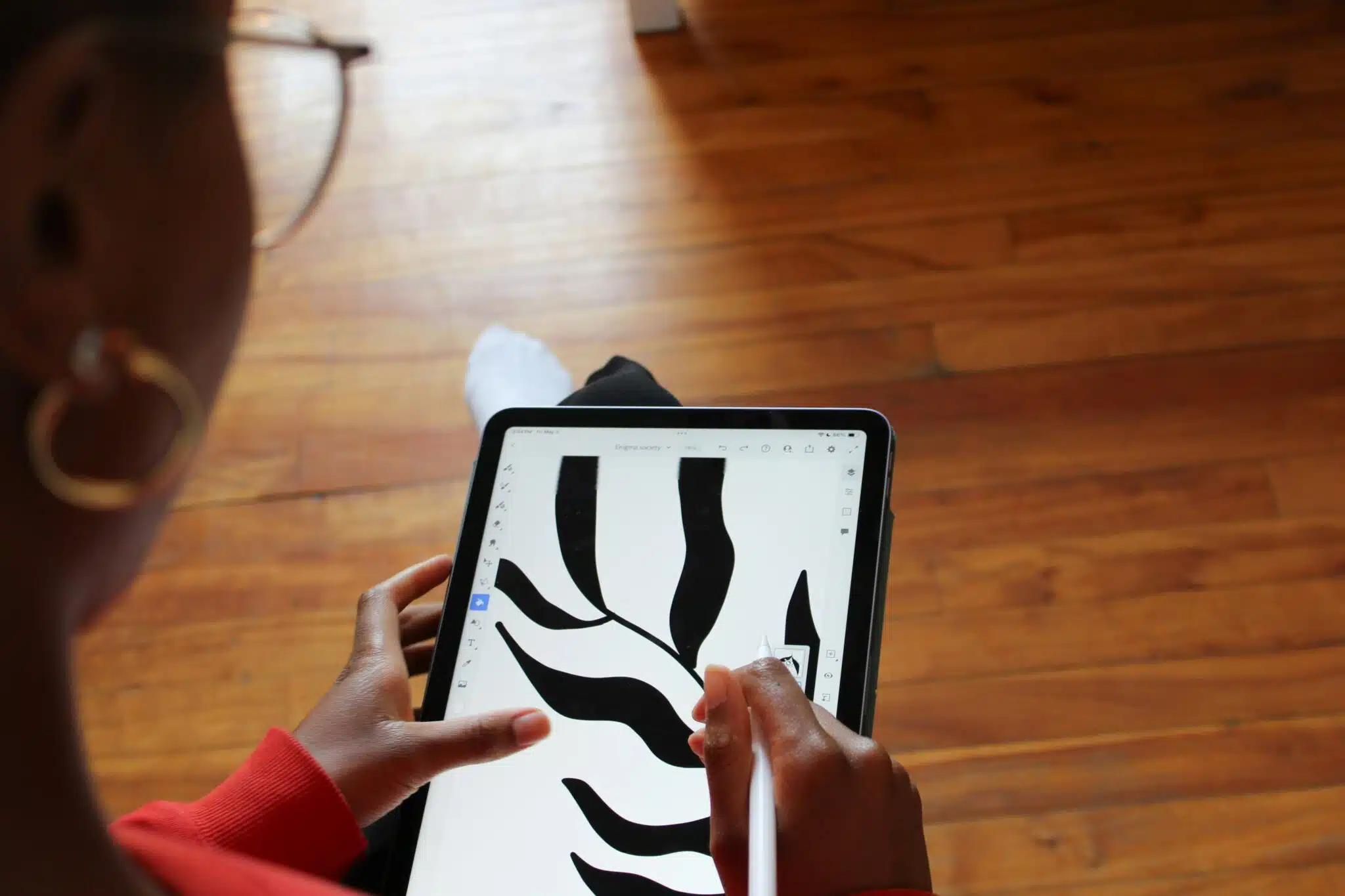Hello,
Victoria from Techpoint here,
Here’s what I’ve got for you today:
- Delivering ₦71 billion worth of food
- Nigeria is losing its startup reputation
- Elon Musk’s new X feature
Businesses on Glovo generated ₦71 billion in four years

In a market where Bold Food and Jumia Food struggled to survive, Glovo and Chowdeck appear to be thriving. While the big names bounced, Glovo stayed, and it’s been delivering more than just shawarma and rice.
What happened? At the Future of Commerce summit last week, Glovo revealed it had helped Nigerian businesses rake in ₦71 billion ($44.6 million) in revenue since entering the market in 2021.
Chowdeck also recently announced that one of its vendors, Amoke Oge, completed over 500,000 deliveries, generating an estimated ₦2.3 billion in sales. Another vendor, Korede Spaghetti, apparently made ₦1 billion in sales. Nigeria’s food delivery market is now dominated by Chowdeck and Glovo.
Who is bigger Glovo or Chowdeck? I don’t have the answer to that question, but I’ll say Chowdeck probably has the upper hand because it seems a bit more popular and it’s in more cities. However, I’ve also learned that optics and numbers can tell completely different stories.
Zoom out: All these figures Chowdeck and Glovo are throwing around make me wonder why Bolt Food and Jumia Food left. Is there something Chowdeck and Glovo aren’t telling us?
Nigeria’s rank falls on the Global Startup Ecosystem Index

Nigeria’s shine as Africa’s Silicon Valley might be wearing off. I’m not even sure if anyone ever calls it that, but if they did, the country is losing its touch.

Victoria Fakiya – Senior Writer
Techpoint Digest
Stop struggling to find your tech career path
Discover in-demand tech skills and build a standout portfolio in this FREE 5-day email course
Why? It has slipped two spots to 66th in the 2025 Global Startup Ecosystem Index, continuing a slow but steady decline in the rankings.
Despite remaining number one in West Africa, Nigeria is now fourth in Africa, behind South Africa, Kenya, and Egypt. Worse still, Nigeria recorded the lowest growth rate among the continent’s top seven startup ecosystems — under 6%, compared to Egypt’s 29%.
What’s dragging us down? The report doesn’t spell it out, but it is kinda clear — unstable FX, unpredictable policy, VC winter, and the steady exodus of talent. Even Lagos, which is still the highest-ranked Nigerian city (top 150 globally), saw its position drop. Abuja, Ibadan, and Port Harcourt also declined.
Still, there’s hope: Six Nigerian cities remain in the top 1,000 globally, and we’re seeing interesting energy in cities like Benin and Kano, which entered the regional top 10 for the first time.
But vibes and grit can only go so far. If Nigeria wants to be a true startup capital, it’ll take more than pitch decks and perseverance. It’ll take policy, capital, and actual support for the people building the future.
Elon Musk wants to change how we send DMs on X

Elon Musk’s X (formerly Twitter) is introducing XChat, a new way to send DMs.
What’s wrong with how we already send DMs? Well, XChat aims to enhance user communication with features like group chats, end-to-end encryption, vanishing messages, file sharing, and the ability to mark messages as unread. It’ll also allow users to lock messages with a four-digit passcode.
This development aligns with Musk’s vision of transforming X into an everything app,” integrating various functionalities into a single platform. While XChat is still in beta, it is currently available for some paid users.










